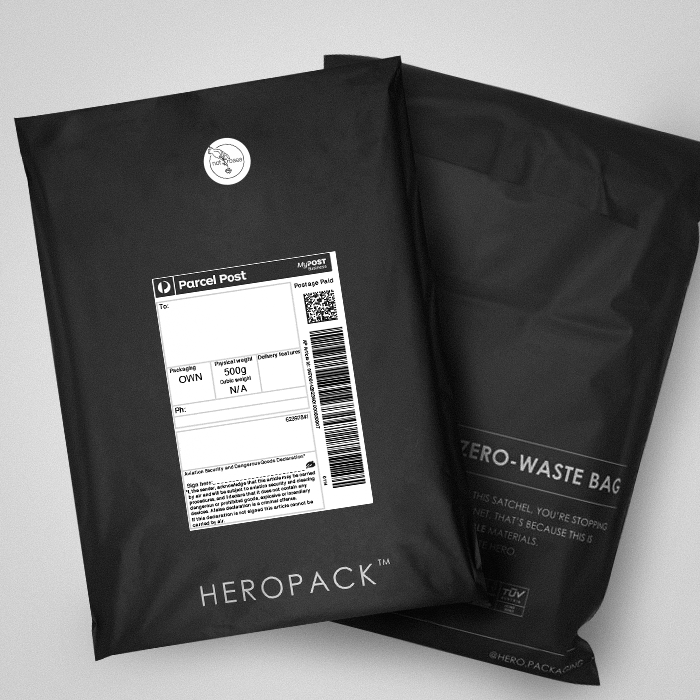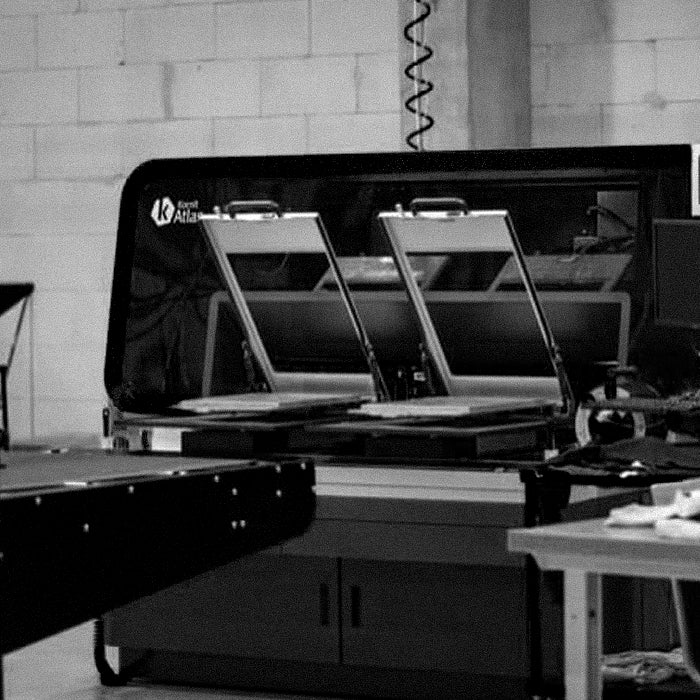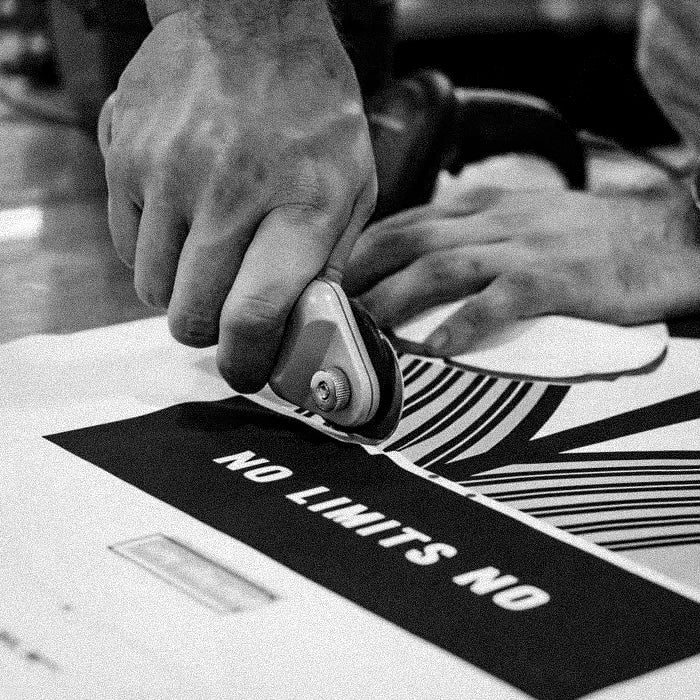Sustainability is important to us individually and as a company. We are always looking to become greener every step of the way, while still providing you with the quality products you deserve.
Around 85% of all textiles produced by the fashion industry end up in landfill, making it a major contributor to environmental damage. What’s more, one in every five items produced by the
fashion industry reaches landfill without being worn even once.
As Not Roses works with on-demand suppliers, we only produce items we get an order for, avoiding textile waste from overproduction. Our printing partner's high-quality printing tech creates almost no waste water and uses less energy than standard industry printers.

Eco packaging
All of our garments are shipped using HEROPACK packaging which are made from 100% compostable materials. HEROPACKS are made from home-compostable materials, mainly corn starch and PBAT

Low energy and water consumption
By using newer, more efficient dye machines, our manufacturers use seven times less water than the average for clothing manufacturers.
Our manufacturers use solar energy to power their sewing and cutting facilities.
For our DTG prints, our suppliers use Kornit machines and inks. Kornit uses high-quality, water-based vegan inks that they formulate, test, and produce in their own factories. Kornit inks are non-hazardous, toxin-free, biodegradable, and certified with an OEKO-TEX Eco Passport.
Learn more about Kornit print machines here

Virtually zero waste
Each product you see in our catalog is made on-demand—once you place an order, we produce it specifically for you. This allows us to avoid overproduction and textile waste, and we’re
continuously working toward greener production.
Our manufacturer's facilities and produce almost no landfill because they recycle pretty much everything that can't be turned into a garment. Optimised cutting to reduce plastic use, and excess fabric is recycled into a number of items like baby bibs or stuffing for upholstery. Let nothing go to waste!

